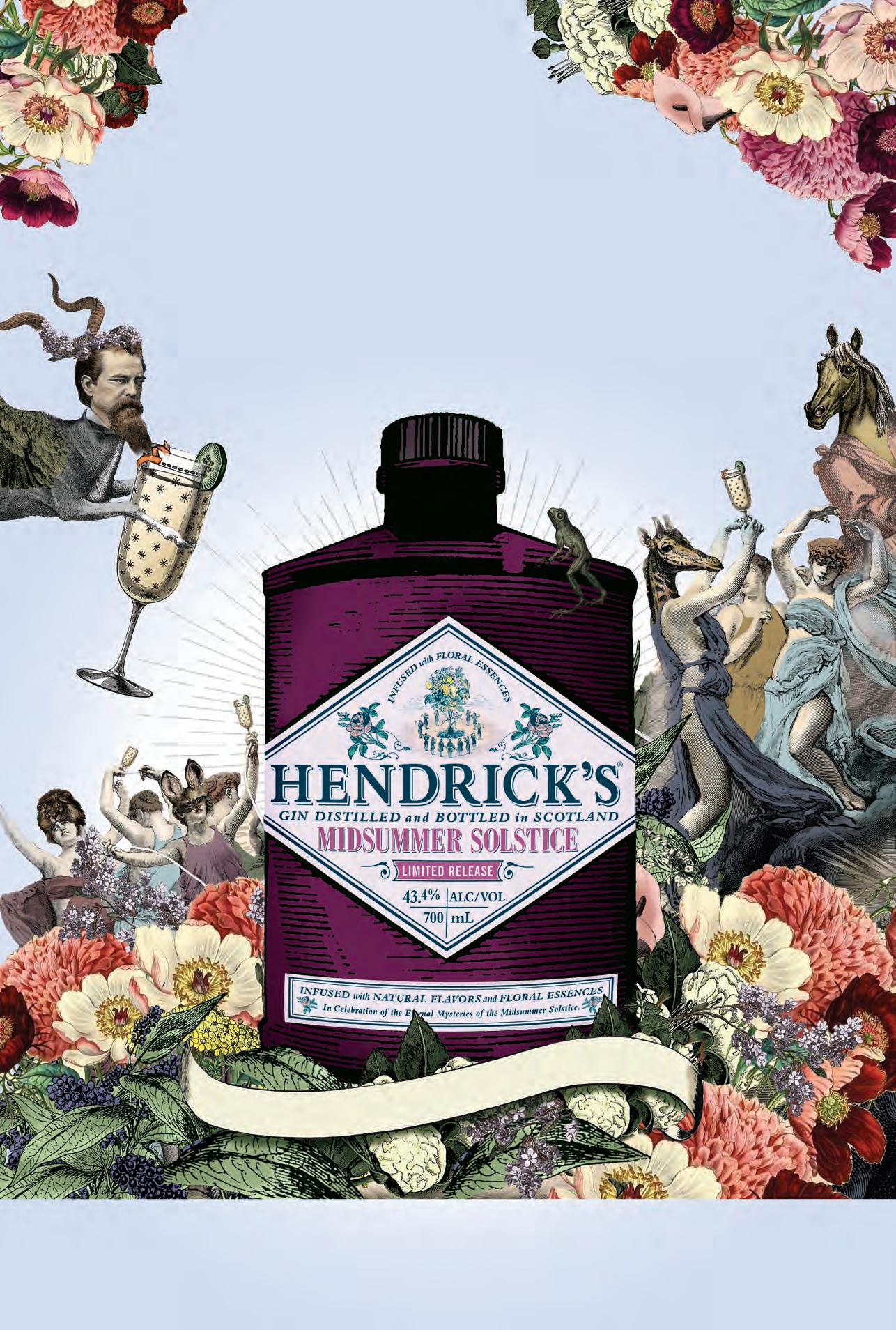
4 minute read
Wine is Not just a Drink by Felicity Carter
Wine is Not Just a Drink
IT WAS A COMMENT AT AN INDUSTRY CONFERENCE THAT GOT EUROPE-BASED FELICITY CARTER THINKING. AUSTRALIA MAY HAVE ONCE CONQUERED GLOBAL MARKETS WITH ITS ‘SUNSHINE IN A GLASS’ RHETORIC, BUT OUR WINE INDUSTRY IS MORE THAN THAT. FROM AN INTERNATIONAL PERSPECTIVE, SHE SAYS OUR APPRECIATION OF OUR WORLD-CLASS TERROIRS AND UNIQUE HERITAGE IS OVERDUE.
Advertisement
Words Felicity Carter, Editor-in-chief of Meininger’s Wine Business International, an English language wine trade magazine published in Europe.
In September, I was in Australia for the recent IMPACT Wine Conference, held in Orange. After two days of presentations and discussions, what I took away is how dynamic Australia’s wine sector is.
I’ve lived in Europe for 12 years now, since taking a position with a German publishing house. My job is to report on international companies, global wine trends and markets. This can be challenging, because Europeans in general - and the French in particular – resist talking about finance and profitability, seeing a focus on money as inauthentic and mercantile.
Which is why it was so energising to be in a room full of people who understand that wineries must be economically viable to survive. This didn’t stop them sharing gripping stories of hardship and reversals, of romance and triumph. One taciturn winemaker opened up and said he always felt a piece of him was missing, until he found his vineyard and knew he’d come home.
And then, from one of the presenters, I heard a phrase I hoped I’d never hear again: “wine is just a drink”.
WHY IT’S SO DAMAGING
I got into wine in the late 90s, when I joined Cellarmasters as a copywriter. I knew nothing about wine and had to learn from the ground up. It was a wonderful experience, because it was such an optimistic time when everybody in the country seemed to be planting a vineyard. I was told (and I believed) that Australian wine was the best in the world. Our wines were consumerfriendly, reliable and taking the world by storm. European wines were boring, snobby and often faulty. Australia’s export success was almost entirely built on simple, faultless wines that could be enjoyed without fuss. “It’s just a drink,” we said, a message that brought new consumers to wine.
But they soon got bored of drinking the same-old, same-old, because that’s pretty much all we’d offered them. Besides, if wine

were just a drink, then maybe beer or gin would do just as well. A crash was inevitable.
I was living in Europe when things hit rock bottom, and I had to listen to Europeans who were exultant at Australia’s comedown – they’d been explicitly told by the EU to be more like Australia. They had to create more branded wines and introduce some fun. The Italians, in particular, were deeply offended at the idea that their traditions should give way to products thought up in the marketing department. I told people that Australia had a lot more to offer than mass-market wines, but they just didn’t believe me. Their image of Australia as a place that produced bland, branded alcohol beverages was impossible to shake.
TERROIR IS IN
The world has completely changed since I did my first wine class. Consumers the world over seek classic wine styles, that come with history and heritage. There will always be an audience for big brands, but it’s such a tough segment for anyone without big marketing budgets, that even the big wine companies are getting out of it. Smaller winemakers who want to connect with today’s consumer are better off concentrating on sustainably made wines that come with a connection to people and place.
We’ve already got this. The only thing Australia needs to do is be louder about our incredible heritage. Europe is full of brand-new regions – Franciacorta, Priorat – that don’t have anything like the history and heritage of the Barossa or Hunter Valleys. None of these places pay a penalty for their lack of history. But Australia, which has lots of heritage, is always seen as the upstart newcomer.
Partly this is because Australians aren’t very good at history, preferring to keep our eyes on the future, not the past. Most Australians themselves don’t know how deep the vine roots go in this country – school children learn about John Macarthur and his merino sheep, but not about James Busby and his vine cuttings. The Rum Rebellion? Sure, but nothing about the way that Phylloxera devastated regions like Rutherglen.
It’s time to start telling Australia’s stories – and to stop underselling Australian wine. That means communicating that our wine comes from a singular tradition. It is a manifestation of our unique terroir, people and history, and we should tell people that.
Australia has been very good at making wine accessible, and we don’t want to lose that. But there’s a difference between being friendly, hospitable and open, and undervaluing one of our best products. Wine is the transmission of who we are, and something we should be proud to share. It is most definitely not “just a drink”. Those words did horrible damage to Australia that took years to repair. No wine producer, salesperson, sommelier or marketer should ever say them again.
We’ve got too many other things to talk about.









